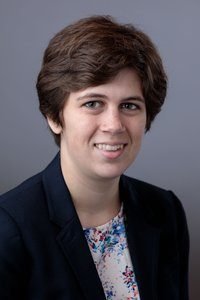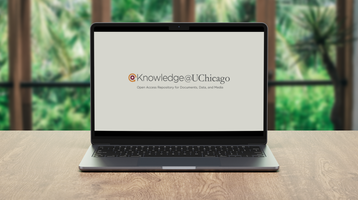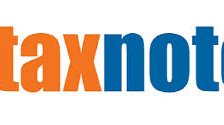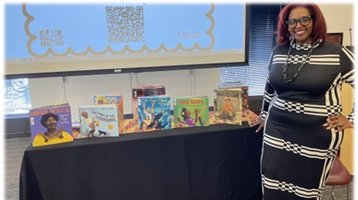Featured Library technologist: Emma Boettcher
Emma Boettcher is the University of Chicago Library’s User Experience Resident Librarian. She has a Master of Science in Information Science from University of North Carolina-Chapel Hill and joined the Library in 2016 as part of a residency program that brings top recent graduates to Chicago. Denizens of Regenstein may recognize Boettcher as the librarian who frequently conducts user testing in the lobby. Elisabeth Long talked with Boettcher about how her work enables faculty and students’ research in a changing environment.
Q: Tell us about a project you’ve worked on that has affected a website or tool that faculty and students are using today. What was your role? How did you contribute to the final product?
A: This past spring we launched a new streamlined process for requesting a book through Interlibrary Loan. We knew that this new service would address many of the frustrations our patrons experienced when requesting books through our legacy Interlibrary Loan services, but we also knew that it would represent a major change in patrons’ workflow. My role was to do testing that would inform the design of the service so that these changes would be easy for patrons to understand. This included everything from labeling to page organization to visual cues that guide the patron toward the best option.
Our designer put together a set of prototype options, and I developed several research scenarios that linked the prototypes with live data so that I could watch testers try to accomplish some common tasks and see where they ran into problems, took circuitous routes, or performed actions that we weren’t expecting. The findings were used by the development team to make the service easier to navigate.
Q: What is one of your favorite projects, and what did you like about it?
A: I am currently working on a wayfinding project to study the maps and signage in Regenstein. We are concentrating not just on how a patron finds a book in the Library Catalog but also on how they then go about finding the book itself, whether it lives in the bookstacks, a reading room, or in a reference collection. What I like about this study is that it shows that user experience testing is not just about online experiences. It covers the much wider context of all the things people might be doing in our library.
Q: What are you working on now?
A: Although a lot of my work focuses on faculty and students’ experiences of our library services, librarians themselves are also major users of our library systems. I am currently involved in a national and international open source project to develop a next generation library management system. I use my user experience skills to study how different librarians across the project want the system to function. It is fascinating to see where librarians from UChicago, Duke, and Germany, among others, have different ideas about workflows they need to support and where their needs converge. I work with librarians from across the partnership to define specific interactions, such as what actions need to happen when a book is checked out to a patron, and then my job is to act as the translator between them and the developers who are building this open source system.
This interview is the first in a series on Library technologists. Watch the Library News site for more such interviews.



